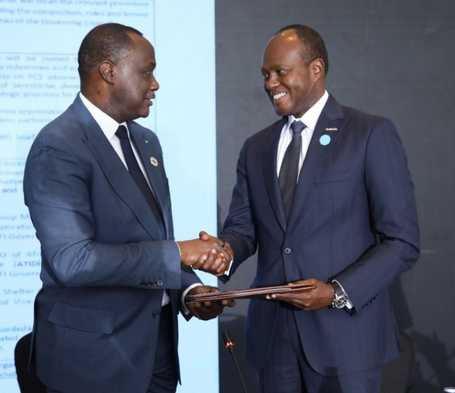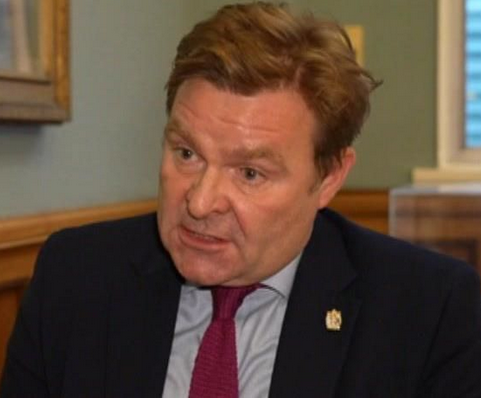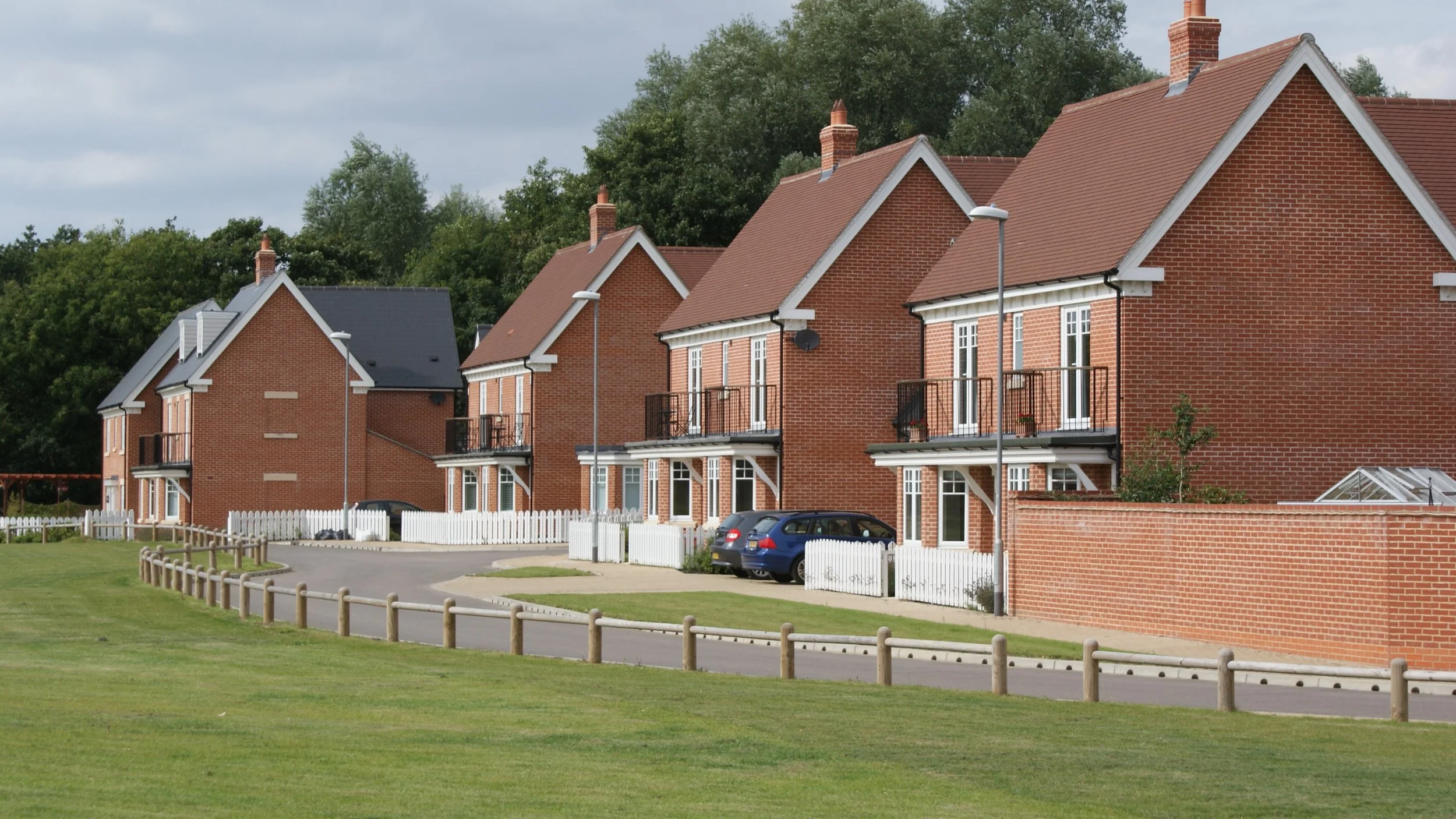The unemployment rate for Black and minority ethnic (BME) workers in the West Midlands has risen at six times the speed of the unemployment rate for white workers over the last year, according to a new TUC analysis of official statistics.
The analysis was published as the TUC takes part in a week of campaigning on racial equality to mark the first anniversary of George Floyd’s murder.
BME unemployment in the West Midlands. The TUC analysis of figures from the Office for National Statistics (ONS) reveals that in the West Midlands, the BME unemployment rate rocketed from 5.5% to 12.1% between the final quarter of 2019 and the final quarter of 2020.
Over the same period, the white unemployment rate increased from 4.1% to 4.9%. That means 1 in 8 BME workers in the West Midlands are now unemployed, compared to 1 in 25 white workers. Nationally, the BME unemployment rate nationally shot up from 5.8% to 9.5%, while the unemployment rate for white workers rose from 3.4% to 4.5%.
The TUC suggests the West Midlands may have seen such a high increase in BME unemployment because of a higher concentration in the region of the kinds of jobs that BME people often do, and that have been lost in the pandemic – like retail and hospitality.
TUC Regional Secretary Lee Barron said: “Everyone deserves a decent and secure job. But Covid-19 has held a mirror up to the discrimination in our labour market.
“BME workers in the West Midlands have really felt the impact of the pandemic. They’ve been more likely to have lost their jobs – working in industries like hospitality and retail that have been hit hard by unemployment. When they've kept their jobs, we know that they are more likely to be in insecure and low-paid work that has put them at greater risk from the virus. Many have paid with their lives.
“This crisis must be a turning point. Ministers must hold down unemployment, create good new jobs and challenge the systematic discrimination that holds BME workers back.”
The TUC is calling on government to:
· Create good new jobs. We could create 1.2 million new jobs in the next two years in clean green infrastructure, and by unlocking public sector vacancies.
· Introduce mandatory ethnicity pay gap reporting and make employers publish action plans to ensure fair wages for BME workers in the workplace.
· Ban zero-hours contracts and strengthen the rights of insecure workers – which will have a disproportionate impact on BME workers.
· Publish all the equality impact assessments related to its response to Covid-19 and be transparent about how it considers BME communities in policy decisions.
· Give more financial support for people who have lost their jobs. Without a boost to universal credit, many will be pushed into poverty.
- The TUC analysis is based on ONS labour market statistics Q4 2019 and Q4 2020:
|
White Q4 2019 |
White Q4 2020 |
% change |
BME Q4 2019 |
BME Q4 2020 |
% change |
|
|
North East |
6.0 |
6.5 |
10 |
x |
x |
x |
|
North West |
4.0 |
4.5 |
13 |
5.5 |
7.6 |
39 |
|
Yorks and Humberside |
3.8 |
4.8 |
26 |
9.2 |
8.3 |
-9 |
|
East Mids |
3.2 |
4.9 |
56 |
6.7 |
13.2 |
99 |
|
West Mids |
4.1 |
4.9 |
19 |
5.5 |
12.1 |
118 |
|
East of England |
3.3 |
4.2 |
27 |
4.4 |
7.2 |
63 |
|
London |
3.4 |
5.4 |
59 |
5.7 |
9.9 |
75 |
|
South East |
3.0 |
3.2 |
10 |
4.0 |
7.4 |
85 |
|
South West |
2.5 |
4.3 |
74 |
6.8 |
6.5 |
-5 |
|
Total |
3.4 |
4.5 |
31 |
5.8 |
9.5 |
64 |
x = numbers too small to be used.
TUC anti-racism task force: The TUC has launched an anti-racism task force, chaired by NASUWT General Secretary Dr Patrick Roach, to tackle the structural racism with the labour market – and wider society.
The task force will lead the trade union movement’s renewed campaign against racism at work. It will engage with Black workers across the UK to hear about their experiences. And it will produce recommendations on tackling structural racism in the UK, in workplaces and in unions themselves.

















